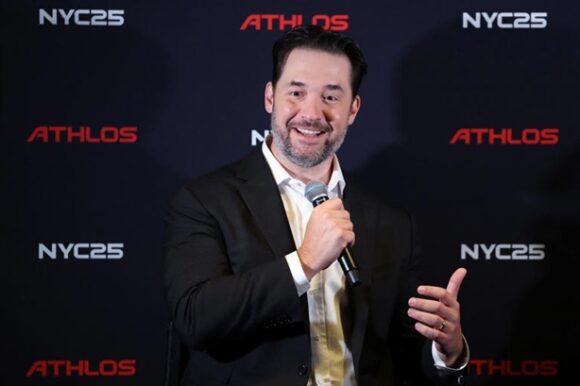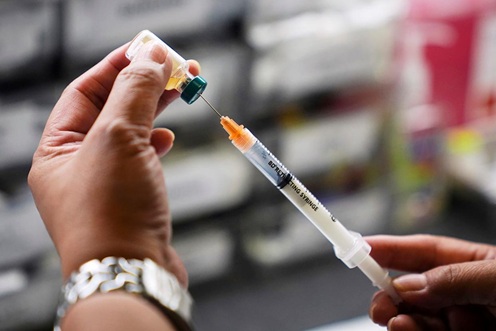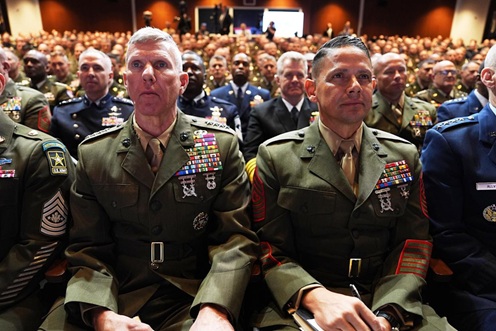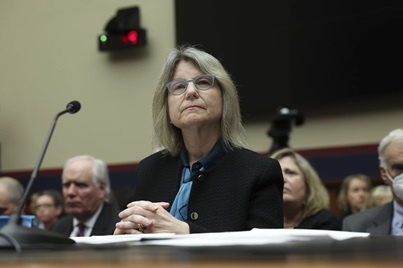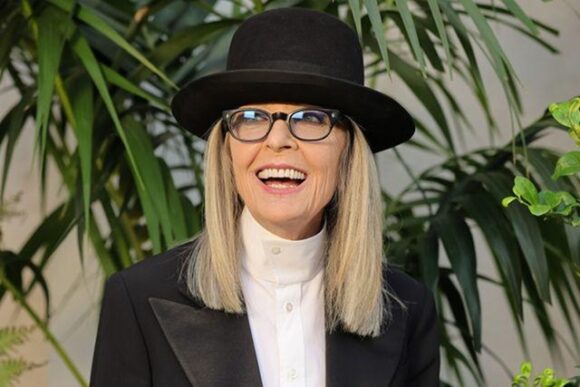
Dear Commons Community,
Maureen Dowd’s column yesterday entitled, “Peace in Trump’s Time — Except Here”, took direct aim at Trump and why he will never get a Noblel Peace Prize. Here main argument as the title implies is that he has declared war on his own country. Here is one excerpt:
“While Trump may have sparked dancing in the streets in the Middle East, he’s sparked danger in the streets in America. He is siccing American troops on blue cities, distorting the National Guard’s largely humanitarian mission and turning it into, as The Times’s John Ismay put it, “a partisan strike force at the whim of the president.”
Her conclusion:
“Trump seems oblivious to the paradox of enforcing peace abroad and disrupting it badly at home, of soothing violence overseas and inflaming it here.
While he’s rechristened the Pentagon the chesty “Department of War,” he’s bragging about forming a Board of Peace — with himself, of course, the chief peacenik — to oversee Gaza’s new governing body.
The contradiction is hard to square. It’s not going to win our president a peace prize.”
Her entire column is below.
Tony
—————————————————————–
The New York Times
Peace in Trump’s Time — Except Here
Oct. 11, 202
By Maureen Dowd
Opinion Columnist, reporting from Washington
This is one piece of gold that President Trump is never going to get his short, stubby fingers on: an 18-karat gold medal with three naked men embracing, awarded to those who promote peace, democracy and human rights.
The Nobel Peace Prize has been given to some beauts — like Henry Kissinger, for helping end the Vietnam War he perpetuated to aid Richard Nixon’s re-election.
But the prize was not designed for someone like Trump. The Norwegian Nobel Committee would no doubt discontinue the award before it would give it to him.
His longing is partly inspired by his jealousy of Barack Obama, who absurdly got a Nobel Peace Prize after only eight months in office for just being a cool dude. Our 79-year-old president admitted recently that he also envies Obama for the way he airily bopped down the stairs of Air Force One, while he himself has to slowly creep down, grasping the railing, worried that he’ll fall and look as unsteady as Joe Biden.
I’ve always thought we were lucky that Trump was not more prone to invasions, à la his fellow draft dodger Dick Cheney, given his belligerent persona, vengeful nature, fascination with military trappings and U.F.C. macho bluster. He insisted on having a military parade here in June and he’s planning a U.F.C. fight next June on the White House South Lawn for the country’s 250th birthday.
Even though most liberals have tried to paint Trump as a deranged hawk at heart, the former real estate developer always seemed, blessedly, more drawn to the art of the deal than shock and awe. While he bombed Iran’s nuclear facilities, threatens Venezuela and strikes alleged drug boats off its coast, he more often seems to consider war a waste of time and money that could be better spent building a beachfront property in North Korea or Gaza.
“Unlike other candidates for the presidency, war and aggression will not be my first instinct,” he said in his first foreign policy speech in Washington during the 2016 race. He added, “A superpower understands that caution and restraint are really truly signs of strength.”
Even though he tepidly supported the invasion of Iraq, amid the rah-rah patriotic push to punish somebody, anybody, for 9/11, he would later call it “the single worst decision ever made.”
In May, he denounced the debacles of “neocons” and “interventionists,” vowing a future “where people of different nations, religions and creeds are building cities together, not bombing each other out of existence.”
If Trump can untie the Gordian knot of the Middle East, it will be a spectacular feat — although it will have been accomplished by accommodating Bibi’s brutal annihilation and starvation of Gaza. And, of course, there’s probably some money in it for him and his family somewhere.
But the region is a graveyard of peace deals. As David Sanger wrote in The Times: “Much could go wrong in coming days, and in the Middle East it often does. The ‘peace’ deal Mr. Trump heralded on Truth Social on Wednesday evening may look more like another temporary pause in a war that started long before Israel’s founding in 1948, and has never ended.”
As Tom Friedman pointed out, it is Trump’s moral indifference to the human rights transgressions of his partners in the peace plan that allows him to break through old paradigms.
That is the same moral indifference that will prevent him from ever getting a Nobel. You can’t get a medal for promoting democracy when you tried to overthrow the democracy you were running.
He has shown utter disdain for our Constitution and the laws that have made us the greatest democracy in the world.
Once in 2016, I asked him about the violence that was breaking out at his rallies. He said he thought it added some excitement to the proceedings.
Trump is constantly posting cruel, nasty images on Truth Social. He loves gladiatorial combat, the scenes of masked ICE officers roughing up people, even if they have their American passports in their pockets.
What sort of person — much less a president — does not object to headlines like this in The Hill: “Top DHS Official Defends ICE Officer Who Shot Pastor With Pepper Ball”?
The Rev. David Black was protesting peacefully at an ICE facility in a Chicago suburb, hands out, offering to pray with officers, when an ICE officer on a roof shot him in the head with a pepper ball.
While Trump may have sparked dancing in the streets in the Middle East, he’s sparked danger in the streets in America. He is siccing American troops on blue cities, distorting the National Guard’s largely humanitarian mission and turning it into, as The Times’s John Ismay put it, “a partisan strike force at the whim of the president.”
Trump expressed another chilling whim to the generals recently when he said he had told Pete Hegseth: “We should use some of these dangerous cities as training grounds for our military.”
Even as he says he should have won the Nobel five times over for his work solving foreign conflicts, he is creating conflicts in America, concocting perilous crises in American cities.
Gov. Kevin Stitt of Oklahoma, the Republican chairman of the National Governors Association, told The Times that the president was violating states’ rights: “Oklahomans would lose their mind if Pritzker in Illinois sent troops down to Oklahoma during the Biden administration.”
While he’s freeing hostages in Gaza, Trump is seizing some here. He’s forcing Pam Bondi to play the tortured servant Renfield to his dark, narcissistic Dracula. She is scurrying around eating insects, doing the president’s dirty work of indicting his foes and purging anyone who worked with them. The Department of Vengeance, nee Department of Justice, has indicted James Comey, the former F.B.I. director, and Letitia James, the attorney general of New York, and more Trumped-up vindictive indictments are surely coming.
Richard Nixon had an enemies list, but he didn’t do much with it. He could only dream of doing the kind of stuff Trump has gotten away with.
Trump seems oblivious to the paradox of enforcing peace abroad and disrupting it badly at home, of soothing violence overseas and inflaming it here.
While he’s rechristened the Pentagon the chesty “Department of War,” he’s bragging about forming a Board of Peace — with himself, of course, the chief peacenik — to oversee Gaza’s new governing body.
The contradiction is hard to square. It’s not going to win our president a peace prize.

